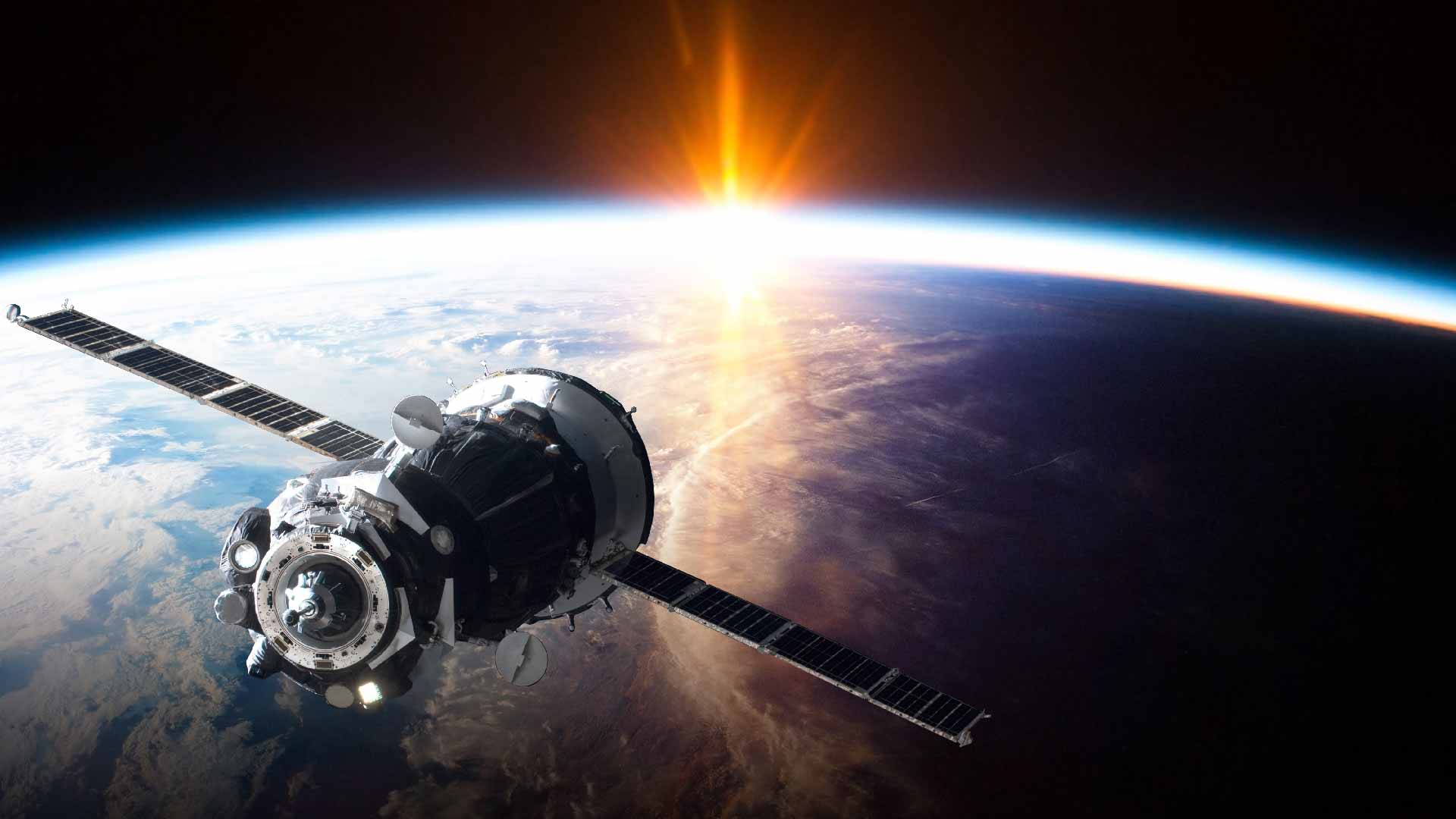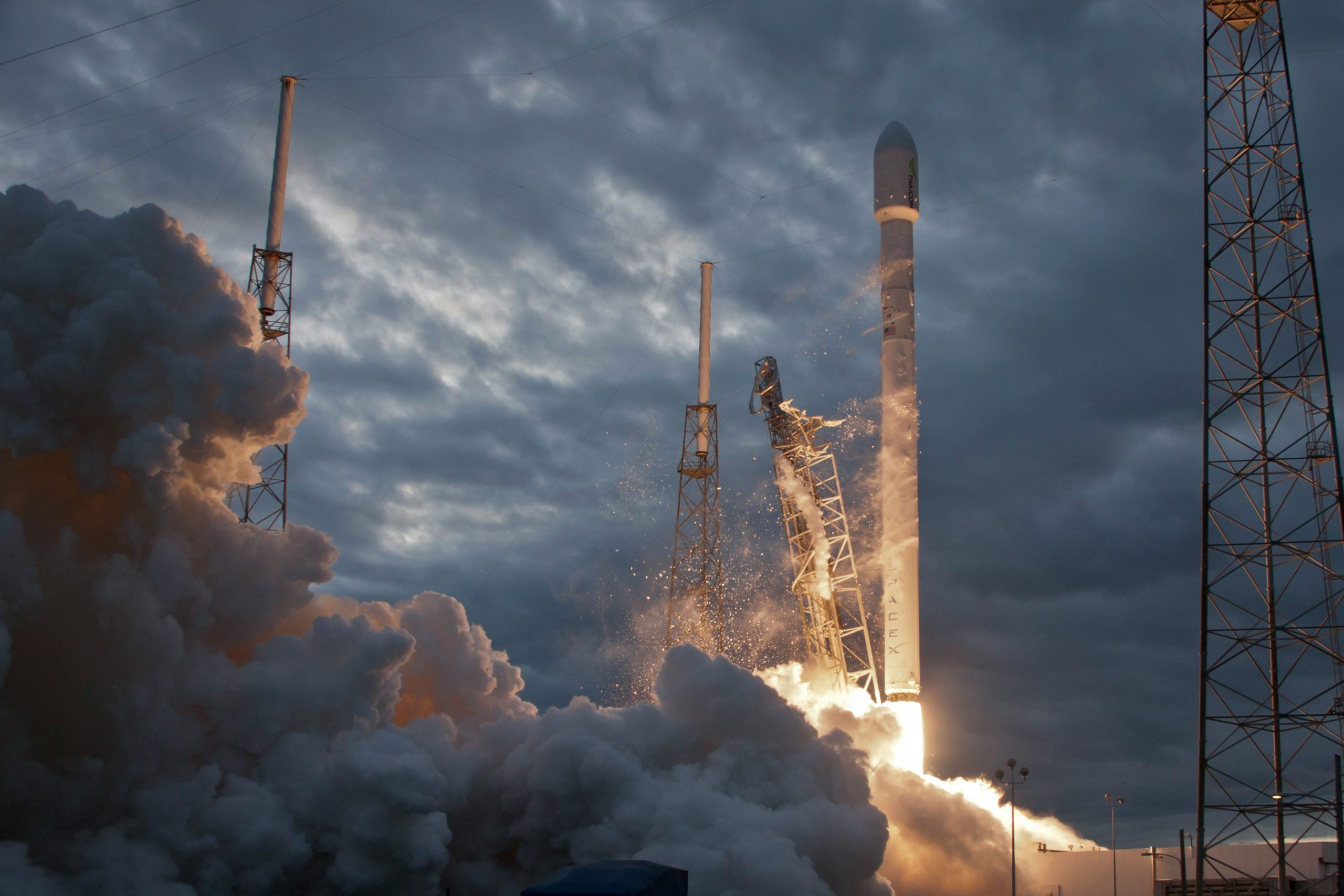After a packed few days in Washington D.C. for SATELLITE 2025, one thing is clear—the satellite industry isn’t just evolving, it’s accelerating.
From game-changing partnerships to geopolitical shifts, here’s a breakdown of the key themes I walked away with, based on what I saw at the show and ongoing industry coverage.
Direct-to-Device: No Longer a Concept:
One of the most talked-about shifts at SATELLITE 2025 was how far we’ve come from the days when satellite-to-smartphone connectivity was seen as a future possibility.
It’s now very much happening.
The recent SES and Intelsat investment into Lynk Global shows how serious operators are about building infrastructure that enables seamless, global mobile coverage—no matter how remote the location.
We’re entering a phase where direct-to-device (D2D) is moving from pilot programmes to commercial rollouts, backed by multi-orbit capability and operator collaboration. This convergence between terrestrial mobile and satellite networks is no longer experimental—it’s strategic.
For businesses, this means new services, new customers, and new challenges. And for hiring, there’s rising demand for people who can straddle the telco-satcom divide—those who understand network integration, device compatibility, and regulatory nuances.
Defence Gets a Reset: Europe’s Strategic Realignment:
One of the most significant undercurrents at the show—and echoed in recent policy discussions—was the increased urgency across Europe to rethink its approach to defence in space.
Driven by the realities of the war in Ukraine and shifting global alliances, the EU is taking tangible steps to invest in autonomous defence capabilities. Space is central to that. From secure communications to ISR (intelligence, surveillance, reconnaissance), satellites are no longer just commercial tools—they’re now strategic military assets.
What’s changing is the tone. Defence isn’t just about missiles and troops anymore. It’s about orbital infrastructure, resilient networks, and tech leadership.
As governments and agencies across Europe ramp up investment, there’s a noticeable trickle-down effect on hiring. We’re seeing greater demand for professionals who understand both the technical and policy side of dual-use technology, procurement cycles, and secure systems design.
Europe’s Satellite Push: Digital Sovereignty in Focus:
Alongside defence, another theme gaining traction is Europe’s move towards digital sovereignty—and satellites play a crucial role in that strategy.
With the EU pushing for more self-reliance in space-based communications and navigation, we’re seeing an acceleration of funding and programmes that aim to reduce dependence on non-European infrastructure. Whether that’s through next-gen satellite constellations or sovereign cloud networks, there’s a concerted effort to own more of the digital stack.
The strategic logic is clear: secure, resilient, and independent infrastructure is now viewed as essential to both economic competitiveness and national security.
This brings fresh energy—and budget—into Europe’s space tech ecosystem. From a talent perspective, it means more cross-border projects, more public-private collaboration, and more opportunities for those who understand how to navigate both commercial and institutional landscapes.
Final Thoughts:
If there was a single message from SATELLITE 2025, it’s this: collaboration is the new competition.
Whether it’s operators joining forces to enable global D2D, governments investing in space for defence and digital sovereignty, or startups partnering with legacy players to accelerate innovation—it’s a space where teamwork is becoming just as important as tech.
At neuco, we’re proud to work with organisations shaping this future. Whether you’re building the next constellation or scaling up for a major government programme, we’re here to help you find the talent that makes it happen.
If you’re facing hiring challenges—or looking for your next strategic hire—let’s talk.



